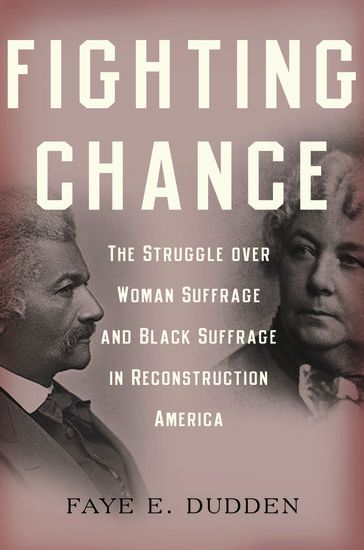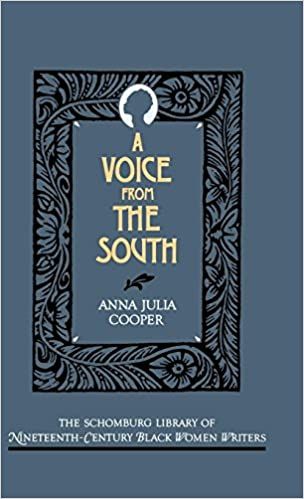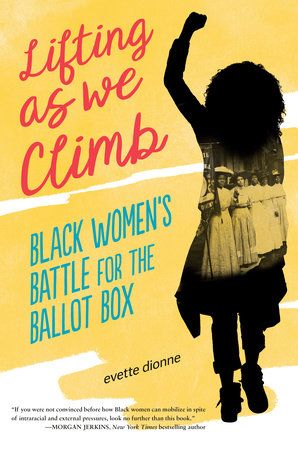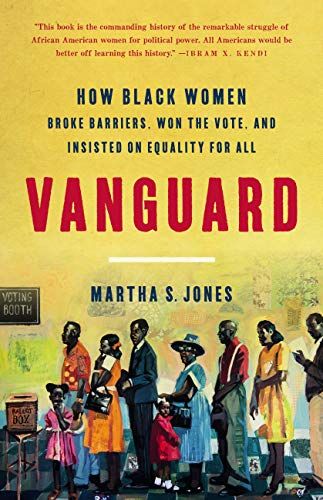On August 18, 1920, the 19th amendment was ratified, allowing women to vote. Popular women suffragists, including Susan B. Anthony and Elizabeth Cady Stanton, all celebrated the progress of equality. However, Black women had already been fighting for equality since the 15th amendment had passed, which only granted Black American men the right to vote.
Unfortunately, Black women suffragists faced a unique battle in their fight for equality, as their identity was often split between sex and race. White women who were involved in the suffrage movement still made Black women protest separately from them. Oftentimes the topic of race was ignored by white suffragists even though Black women were organizing for the same rights as them. Eventually, Black women started strategically organizing by working in churches, education, and even newspapers so they would be able to get their message across and build a larger platform.
Needless to say, Black women also had their issues amongst themselves. While some Black women were able to put themselves through school and work in education, poor Black women started to feel a disconnect from the middle-class Black women. Despite those issues, Black women collectively came together to fight sexism and racism, which later became the framework for future movements like the Civil Rights Movement and Black Lives Matter.
Fighting Chance: The Struggle Over Woman Suffrage and Black Suffrage in Reconstruction America By Faye E. Dudden
In 1892, Black women collectively decided to divest from what is now called white feminism. They officially formed the Colored Woman’s League, which solidified the Black suffrage movement. Black women saw firsthand how white women in the suffrage movement did not want to recognize the importance of race and gender and often treated Black organizers in the same fashion white men treated white women. Fighting Chance also lays out the complicated relationship Black women had with Frederick Douglass, who considered Susan B. Anthony and Elizabeth Cady Stanton close friends.
A Voice from the South by Anna Julia Cooper
Anna Julia Cooper was born enslaved, but she had an extraordinary life. As a Black liberation activist, Cooper strived for equality for all Americans, especially Black women. She was the fourth Black American woman to receive a PhD, and she helped found the Colored Women’s League, which was instrumental in organizing Black women to fight for the right to vote. Her writings have been used in philosophical, political, and sociological contexts as she articulated racism, sexism, and democracy as it related to Black women.
African American Women in the Struggle for the Vote, 1850–1920 (Blacks in the Diaspora) By Rosalyn Terborg-Penn
Not every Black woman during the first wave of feminism was college educated or working jobs people respected. While some Black women worked to achieve upward mobility in their social class, many poor and working-poor Black women were on the front lines fighting for equal rights. Unfortunately, a lot of those women never landed in history books, and Terborg-Penn researched those unknown and forgotten women who paved the way for poor Black women to have a voice too.
Lifting as We Climb: Black Women’s Battle for the Ballot Box By Evette Dionne
Dionne gives a critical look at how Black women not only wanted the right to vote but the right to live as equals in the country they helped build. Dionne examines the number of ways Black women enhanced and molded their communities by using what little resources they had to see that everyone, including themselves, had the opportunity to be liberated.
Vanguard: How Black Women Broke Barriers, Won the Vote, and Insisted on Equality for All By Martha S. Jones
Jones sets out to challenge what people think the woman’s suffrage movement is about by shedding light on how Black women were often forgotten but still expected by both Black men and white women to support their agendas. Jones boldly uses history to remind readers that Black women were the first American feminists. Jones also makes a great case on how Black women in the women’s suffrage movement laid the groundwork for the Civil Rights Movement.
We celebrate the women’s suffrage movement because we understand that women are important factors in how our community and society work. While it took decades to get women the vote, Black women remained focused on ensuring every voice in American has an opportunity to influence their government.
Source : 5 Books About the Influence of Black Women in the Suffrage Movement















